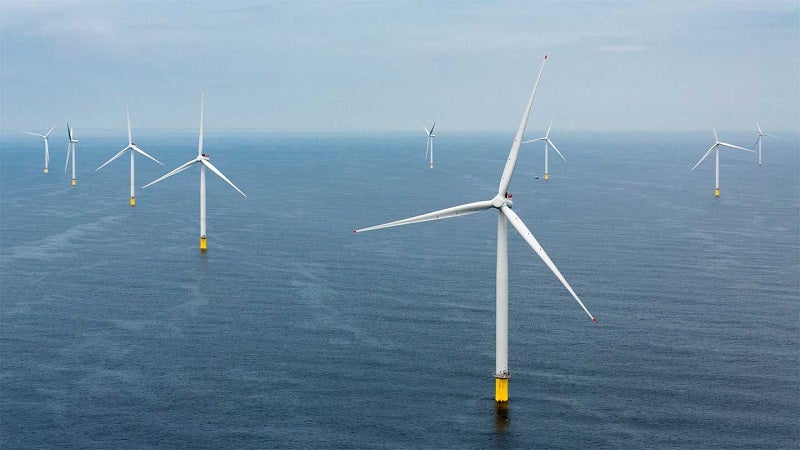
Energy ministers from the North Sea countries have agreed to extend the Political Declaration of North Seas Countries Energy Cooperation and intensify their collaboration on offshore wind at a ministerial meeting in Esbjerg, Denmark on 20 June.
The agreement extends the memorandum of understanding (MoU) signed by the ministers in Luxembourg in June 2016 to reduce costs and increase offshore wind capacity.
This extended agreement is based on input from the European wind energy industry, which argued that offshore wind needed “higher national and international cooperation”. The industry also said that as cost reduction had already been achieved ahead of time, the focus should now be on an “action-based approach.”
It also outlined four priorities for the future of offshore wind production. Firstly, access to sites should be cross-border and there should be a more standardised approach to planning. The development of transmission assets should be opened to develop and optimise grids.
Further coordination between new lines from offshore wind to the onshore grid is needed. Finally, technical standards, including with international initiatives projects, should be aligned to reduce costs.
European wind industry said that if these are implemented, the development of 450GW of offshore wind power by 2050 is “feasible”.
Reaction to offshore wind agreement
In a video message at the meeting, European Union energy commissioner Miguel Arias Cañete called for more investment in offshore energy. He said: “The achievements are impressive and speak for themselves. In 2018 Europe increased its offshore wind energy capacity by 18% and 15 new onshore windfarms came online bringing Europe’s total number of offshore windfarms to 105 across 11 countries.
“This represents around 10% of the total installed wind energy capacity in Europe. I can only praise these positive developments.”
EU Climate Action & Energy Commissioner @MAC_europa calls for massive investment in offshore wind at North Seas countries ministerial meeting. Full story: https://t.co/o1eZNWSn9D pic.twitter.com/8cx0a799Gu
— WindEurope (@WindEurope) June 21, 2019
Ørsted senior vice president Thyge Boserup welcomed the move, stating: “If Europe is to stay within the 1.5 degree target, a part of the needed solution is delivering at least 400 GW offshore wind energy according to a recent report from the EU-Commission.
“The North Seas Energy Cooperation is an important forum to create the needed space for offshore wind energy in the North Seas ensuring a cost-efficient solution to the benefit of the European consumers”
Wind Denmark CEO Jan Hylleberg added: “Offshore wind is essential to meet Europe’s decarbonisation targets, and the North Sea and its unique wind play an important role in this. The North Sea potential far outreaches the needs for energy in Denmark, and the use of the area should be seen from an international perspective.
“Politically we now need to prioritise special planning, grid infrastructure and by all means increase the speed of the expansion with offshore wind.”



